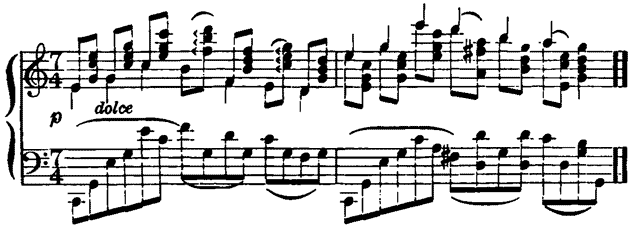

Invigorating Modus To Amplify Beats Of Musical Gadgets
Music has the potential to accentuate the hidden emotions of a person. A musician can touch someone’s heart with their charmful music. It is important in every aspect of media. Music plays an important role in various platforms such as films, theatre, television, festivals, video games, et cetera. With a wide array of genres such as heavy bass, jazz, and instrumental, music uniquely creates emotions in a person’s heart. That is why all media houses need music supervision to deliver the best quality music. They bring life to the picture animations by giving a dramatic effect to any piece of media.
Who is a music supervisor?
Music supervisors work anywhere involving work related to music. Thus all the commercial areas such as films, tv-series, music albums, and advertisements require these supervisors. Producers of media houses bank upon the finesse and expertise of such supervisors to find the right match for their music needs. Such people find a piece of perfect music that suits their assignments. Although these supervisors are generally freelancers who work from one project to another, they remain in a very high position in such projects. They are assigned the role of department head of music for reality shows, tv shows, films, advertisements, and various other commercial areas. They are employed by multiple agencies at the same time, so they work on multiple projects simultaneously. The contemporary world has created many different types of jobs, and the job of a music supervisor is also a newly created one.
Responsibilities of a music supervisor
The primary role of any music supervisor is to find the path to connect the visions of the producer with the perfect choice of music that suits the needs of that media house. The supervisor makes suggestions about the different styles and types of genres for the project. He also finds the person who can be best suited to deliver the music.
Following are a few responsibilities of a music supervisor:
Find the right spots
In any project, the supervisor needs to find the ‘spots’ where different types of music are required. From the theme song to the background sound, finding the various spots is essential for conveying the true emotions of the story.
Spotting requires finesse in music but licensing requires administrative capabilities so that it does not violate any copyright or intellectual property of any licensed music. After spotting, it is essential to gather the rights to use that music from the publishers, music studios, artists, and labels. A licensing contract is made to avoid any kind of legal issue.
Required skills to be a music supervisor.
One might have a good taste and a passion for music, but music supervision requires more than that to be suitable for that role. These employees constantly work on their skills, practice music, find different kinds of music, and gather qualifications from various production houses. They also require excellent human skills as they need to build their trust with the production houses, artists, and composers to get their role. It involves a lot of mediation and parlaying to convince the directors about the right choice of music. They should also know the various types of licensing associated with the music so that every task for the production house goes efficiently.
The way we consume entertainment has changed dramatically, with Subscription Video on Demand (SVOD) leading…
The Evolution of Inventory Tracking RFID inventory management software is transforming how businesses track, manage,…
The Unexpected Costs of Unprotected Windshields Polaris Ranger windshields protection is more than just a…
Probably one of the best things people do to secure their finances is the purchase…
The iPhone 15 is still a great buy Released in 2023, the iPhone 15 brought…
By Josh Breaker-Rolfe Data security posture management (DSPM) is the rising star of the data…